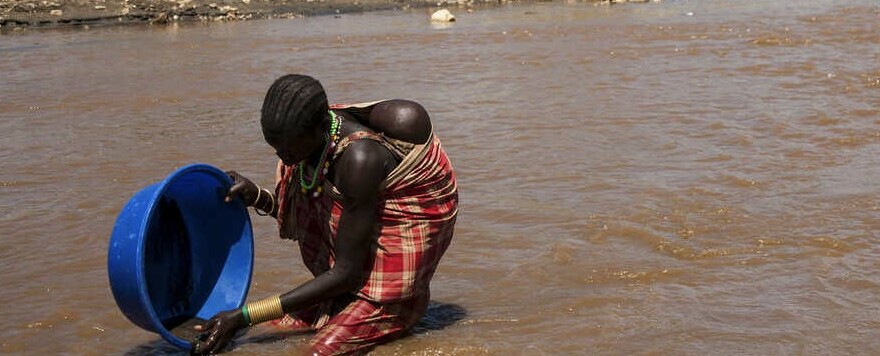Eastern Equatoria State has witnessed artisan mine incidents over the last few years, often resulting in the death of several miners.
In June last year, three people were killed and five others injured when a gold mine collapsed in Budi County.
Last week, a woman was killed when a gold mine collapsed in Namurinyang Payam of Kapoeta South County.
Juma Justine, the acting commissioner of Kapoeta South County, told Radio Tamazuj that the incident occurred when two women were digging in a gold mine.
“Sometimes people dig 4 to 5 meters down, and sometimes, if they don’t do it well, it collapses and hurts people. The latest incident involved a 20-year-old woman,” he said.
Paul Napwon Yonai, a state lawmaker, emphasized the need for a safer way for gold mining in the region, saying the latest incident exposes the need for reforms in the sector.
“Now my advice is that sometimes there is the influence of alcoholism, there are people who drink alcohol, and they enter the gold mine, so people should not drink while digging. Also, children and women should not be allowed to enter the pit,” he said.
Joyce Imoya, a member of the women association in Eastern Equatoria state, urges women to be extra careful in looking for gold to survive amid the shrinking economy.
“Women in the area should start small businesses for survival. I advise these women to take this gold slowly, sell it and start a small business,” she said.
Last year, the Undersecretary in the National Ministry of Mining, Dr Andu Ezbon, told Radio Tamazuj that there is no formal gold mining yet in South Sudan.
He pointed out that what is taking place at the moment in Eastern Equatoria State is small-scale artisanal works. He said the foreign companies involved in the sector have only been issued exploration licenses.
“No company at the moment is doing any mining at all from our records. It is normally a family, a wife, and children who go and do panning close to their homes. It is not registered like in other countries, and it is not illegal because they have been doing that since the 1930s and 1940s. So it is not illegal, and it is not registered,” Ezbon said.




